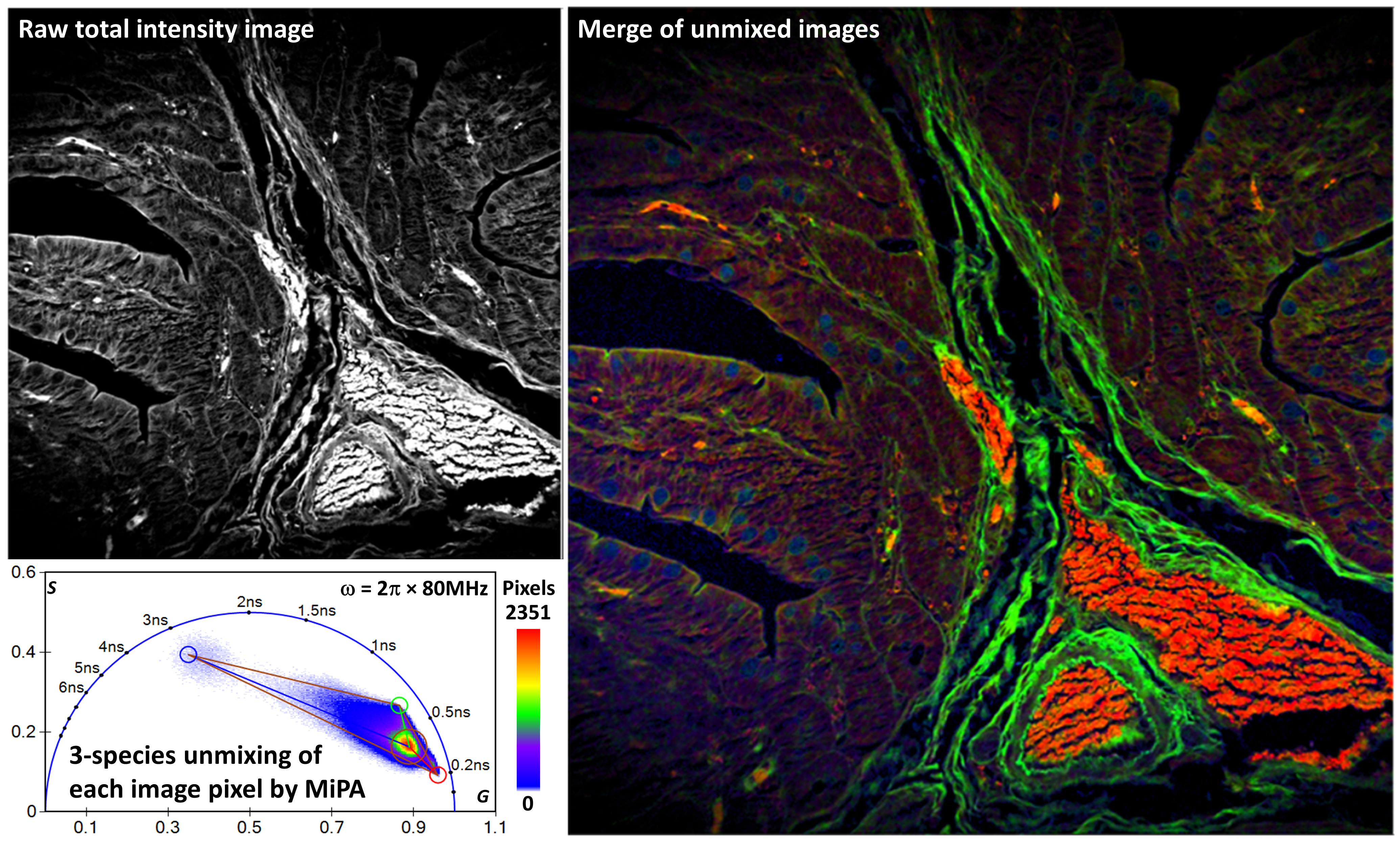NEWS
ISS Awarded NIH Grant to Study Sleep Apnea
Champaign, Illinois - June 6, 2007 - ISS received a clinical trial grant for the validation of OxiplexTS™ in the study of sleep apnea. The grant was awarded by National Institute of Neurological Disorders and Stroke, a branch of the National Institutes of Health. The three-year project targets brain oxygenation and brain vascular reactivity during sleep in persons who suffer from Obstructive Sleep Apnea Syndrome (OSAS).
The Principal Investigator in this project is Antonios Michalos, MD, MS, Director of Medical Research at ISS and Adjunct Senior Research Scientist at the College of Engineering of the University of Illinois at Urbana-Champaign. The project is the continuation of the research that Dr. Michalos started in 1999 9 (see ISS press releases 9/21/99 and 12/21/03).
The project involves a multi-site collaboration with several research centers: the Center of Sleep and Ventilatory Disorders of the University of Illinois Medical Center at Chicago (Chicago, IL); the Regional Sleep Disorders Center at Carle Foundation Hospital (Urbana, IL); the Sleep Disorders Clinic at Stanford University (Palo Alto, CA); and the Center for Sleep Disorders at the University of California at Irvine (Irvine, CA). The main objective of this project is the application of OxiplexTS™ in Sleep Medicine and Medical Diagnostics. The standard diagnostic instrumentation (polysomnography) used in Sleep Medicine provides important information on the functionality of a variety of physiological parameters and yet does not supply the clinician with information on cerebral oxygenation and hemodynamics. The assessment of these parameters is crucial in OSAS because of the significant cardio/cerebrovascular health risk it represents; they are pivotal for the clinician in formulating treatment for this affliction.
OxiplexTS™ is the first non-invasive tissue oximeter that provides absolute quantitative measurements of the hemoglobin concentration and oxygen saturation in tissues. The instrument utilizes near infrared light to probe the tissues being studied. In order to provide a 3D localization of the brain oxygenation, low intensity light beams are carried to the head by as many as thirty-two distinct fiber optics cables.
The instrument may be applied as a stand-alone tool to facilitate cost-effective early detection and screening of morbid cerebrovascular effects of medical conditions such as OSAS. OxiplexTS™ can be utilized in conjunction with other clinical devices, such as the standard polysomnography equipment during overnight sleep studies; also, it provides outputs for sending the signals to standard hospital monitoring stations.
Dr. Michalos developed a rapid and reliable breath holding test to assess cerebrovascular patient health. He also developed procedures for continuous monitoring of cerebral oxygenation and hemodynamics using OxiplexTS™ in conjunction with conventional polysomnography instrumentation during overnight sleep studies. The analysis methods allow for the detailed examination of oxygenation and hemodynamics during specific sleep cycles such as REM.
OxiplexTS™ has been utilized in a variety of applications besides sleep apnea: kinesiology and sport medicine, high-altitude physiology, anesthesiology and neurosurgery, the monitoring of oxygenation in premature babies and in infants who underwent transfusions, and the study of peripheral vascular disease. More than 150 publications have been generated by OxiplexTS™ in the past few years.
ISS is in the process of filing a 510(k) pre-market notification with the Food and Drug Administration (FDA) seeking approval for the use of OxiplexTS™ as a medical device in assessing the stages of peripheral vascular disease (PVD). “The clinical trial grant awarded by the National Institute of Neurological Disorders and Stroke is an important step towards the application of OxiplexTS in sleep apnea studies”, Dr. Beniamino Barbieri, President of ISS, said. “The studies will provide us with additional data that will foster our FDA application. Upon completion of the clinical trials, OxiplexTS™ will be an instrument that can be used by clinicians in Cardio-Pulmonary and Sleep Medicine upon FDA approval. Our long term goal is to then introduce this device for monitoring brain oxygenation in surgical practice.”
Note: The project described is supported by Grant Number R44NS040597 from the National Institute of Neurological Disorders and Stroke. The content is solely the responsibility of the authors and does not necessarily represent the official views of the National Institute Of Neurological Disorders And Stroke or the National Institutes of Health.



